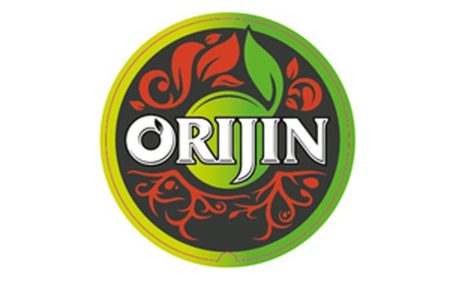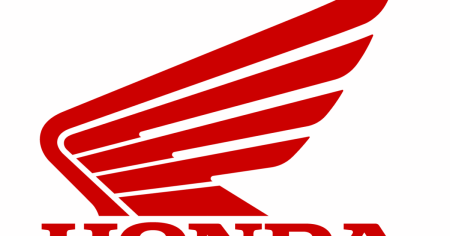The Central Bank of Nigeria (CBN) has issued a cautionary note regarding the potential for a resurgence in consumer price inflation, fueled by escalating input costs across major economic sectors. This warning stems from an analysis of the June 2025 Purchasing Managers’ Index (PMI) report, which reveals a widening gap between input and output prices, indicating that businesses are currently absorbing cost increases rather than passing them on to consumers. This practice, while offering short-term price stability, is deemed unsustainable in the long run and could ultimately lead to a surge in inflationary pressures as businesses eventually seek to recoup their mounting costs.
The PMI report highlights a concerning trend where input price indices for the composite economy, as well as for the individual sectors of Industry, Services, and Agriculture, surpassed their corresponding output price indices. This signifies a squeeze on profit margins, with businesses effectively subsidizing consumer prices by absorbing the elevated input costs. The CBN’s analysis suggests that this cost absorption strategy is unlikely to be sustainable indefinitely, and the deferred price increases could eventually translate into a wave of inflation as businesses adjust their pricing strategies to reflect the true cost of production.
The agricultural sector stands out as the most vulnerable to this cost-price squeeze, exhibiting the largest disparity between input and output prices, with a gap of 9.8 points. This indicates that agricultural producers are facing significant cost pressures, potentially stemming from factors such as increased fertilizer prices, higher labor costs, or rising transportation expenses. The services sector, while also experiencing a gap between input and output prices, shows a smaller difference of 4.4 points, suggesting a relatively better ability to manage cost increases.
Despite these cost pressures, all three major sectors—Industry, Services, and Agriculture—demonstrated robust growth in June 2025. The composite PMI registered at 52.3 index points, marking the sixth consecutive month of expansion in overall economic activity. This positive momentum suggests a resilient economy, with businesses continuing to expand operations despite the underlying cost challenges. The broad-based nature of this growth is further underscored by the fact that 25 out of the 36 subsectors surveyed reported growth during the month.
Within the industrial sector, the PMI reached 51.4 index points, also signifying the sixth consecutive month of growth. This expansion is attributed primarily to increased production levels, with nine out of the 17 industrial subsectors registering growth. This indicates a healthy level of activity within the manufacturing and industrial segments of the economy, suggesting a positive outlook for future output and employment.
The services sector also maintained its growth trajectory, recording a PMI of 51.3 points. Eleven out of the 14 subsectors within services reported increased activity, further confirming the broad-based expansion across the economy. This growth in the services sector, which encompasses a wide range of activities from retail and hospitality to finance and information technology, signals a vibrant and expanding service-based economy.
The agricultural sector emerged as the leading growth driver, posting a PMI of 55.2 index points, the highest among the three major sectors. This marked the eleventh consecutive month of expansion for the agriculture sector, driven largely by increased farming activity. Notably, all five subsectors within agriculture reported growth, indicating a strong and consistent performance across the entire agricultural landscape. This robust growth in agriculture is particularly important for Nigeria, given the sector’s significant contribution to employment and food security.
In conclusion, while the Nigerian economy currently exhibits encouraging growth across various sectors, the looming threat of escalating input costs and the resulting pressure on business margins warrants close monitoring. The CBN’s warning serves as a timely reminder of the potential inflationary risks associated with sustained cost absorption by businesses. The central bank’s assessment suggests a need for proactive measures to address the underlying drivers of rising input costs, such as supply chain bottlenecks, rising energy prices, or other inflationary pressures. Failure to address these issues could undermine the current economic momentum and trigger a new wave of consumer price inflation, potentially impacting economic stability and eroding purchasing power.














